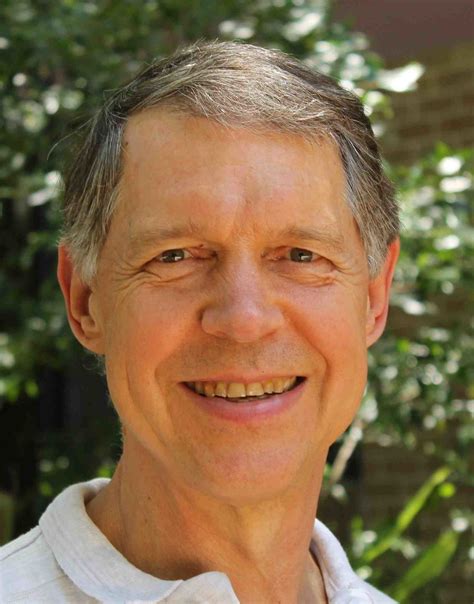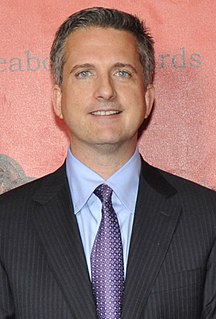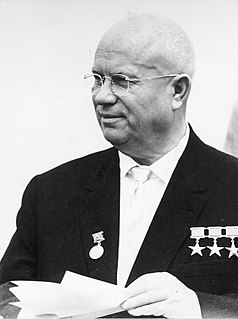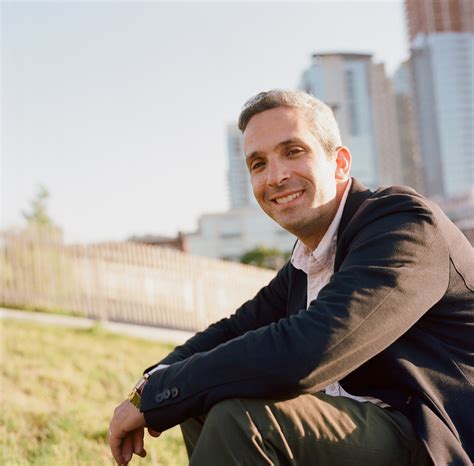A Quote by Utah Phillips
Folk music isn't owned by anybody. It is owned by everybody, like the national parks, the postal system, and the school system. It's our common property. There is nobody's name on it. Nobody can make money on it. It's not copywritten.
Related Quotes
The alternative to intellectual property is straightforward: intellectual products should not be owned, as in the case of everyday language. That means not owned by individuals, corporations, governments, or the community as common property. It means that ideas are available to be used by anyone who wants to.
This is a story about four people named Everybody, Somebody, Anybody and Nobody. There was an important job to do and Everybody was asked to do it. Everybody was sure Somebody would do it. Anybody could have done it, but Nobody did it. Somebody got angry because it was Everybody’s job. Everybody thought Anybody would do it, but Nobody realized that Everybody wouldn’t do it. It ended up that Everybody blamed Somebody when Nobody did what Anybody could have done.
If you have a privately owned system, there's going to be monies leaving the community that will go towards shareholder dividends and high salaries. If you have a community owned, municipally owned facility, those extra resources are being reinvested in the community and they can be going to weatherization and other projects that are vested in the community.
I worked at a factory owned by Germans, at coal pits owned by Frenchmen, and at a chemical plant owned by Belgians. There I discovered something about capitalists. They are all alike, whatever the nationality. All they wanted from me was the most work for the least money that kept me alive. So I became a communist.
It is hard for us to admit we have a sin nature because we live in this system of checks and balances. If we get caught, we will be punished. But that doesn't make us good people; it only makes us subdued. Just think about the Congress and Senate and even the president. The genius of the American system is not freedom; the genius of the American system is checks and balances. Nobody gets all the power. Everybody is watching everybody else. It is as if the founding fathers knew, intrinsically, that the soul of man, unwatched, is perverse.
The great problem with corporate capitalism is that publicly owned companies have short time horizons. Unlike a privately owned business, the top executives of a publicly owned corporation generally come to their positions late in life. Consequently, they have a few years in which to make their fortune.
The hardest achievement in acting - in my opinion, anyway - is nailing a role that absolutely nobody else could have played. Pacino owned Michael Corleone... but DeNiro could have owned it as well. Who else, though, but Val Kilmer could have nailed Jim Morrison? Does anyone besides Will Ferrell pull off Ron Burgundy?
Anybody who has ever owned a dog who barked when strangers came near its owner's property has experienced the essential continuity between animal territoriality and human property. Our domesticated cousins of the wolf know, instinctively, that property is no mere social convention or game, but a critically important evolved mechanism for the avoidance of violence. (This makes them smarter than a good many human political theorists.)





































